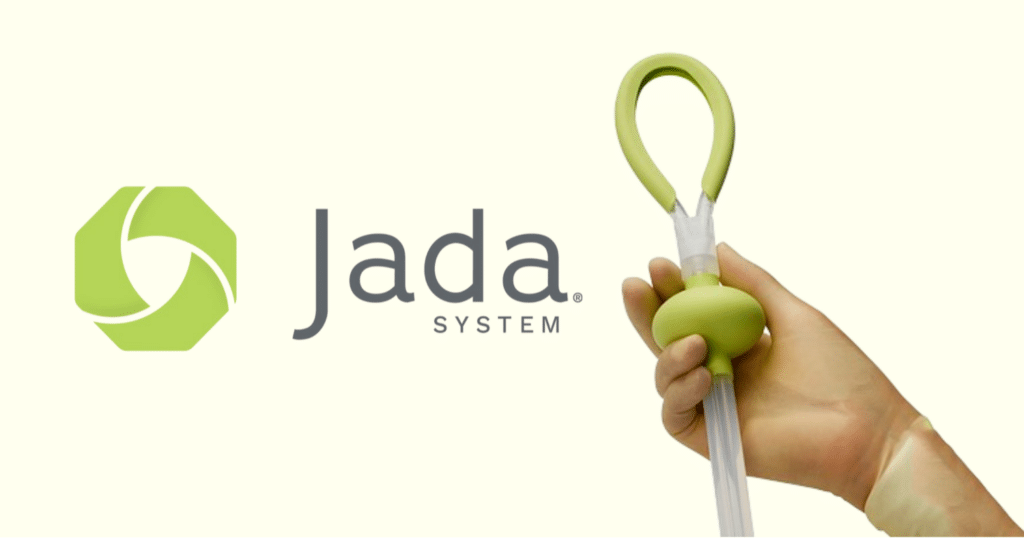Innovating for women’s health: Addressing PPH with the JADA® System
Organon, a global healthcare company dedicated to advancing women’s health, remains steadfast in its mission to create a healthier every day for every woman. Recognizing the foundational role of women in a healthier world, Organon is committed to ensuring no mother dies from childbirth. Postpartum hemorrhage (PPH), a severe yet preventable complication, is among the many healthcare challenges Organon aims to address through innovative solutions like the JADA® System.

Globally, PPH affects 14 million women annually, causing approximately 70,000 maternal deaths. In the Philippines, it is a significant contributor to the maternal mortality ratio of 114 deaths per 100,000 live births as of 2023. Dr. Esmeraldo Ilem, Medical Center Chief II of Dr. Jose Fabella Memorial Hospital, explains that PPH, often unpredictable, requires early detection and intervention to prevent fatal outcomes.
The Critical Role of the First Hour
“The first hour post-childbirth is the golden hour for PPH,” emphasizes Dr. Ilem. Severe blood loss, defined as 1,000 mL or more, occurs predominantly within this period. Studies show 73% of major bleeding happens within the first 40 minutes. Early monitoring of vital signs—such as heart rate and blood pressure—can be life-saving.
A study involving 270 women with vaginal births revealed that a heart rate of 105 bpm within 20–40 minutes of delivery predicted severe bleeding with 90% accuracy. Similarly, a Shock Index (SI) of 0.965 measured at 40–60 minutes was 95% accurate in identifying moderate to severe bleeding. These simple measures enable timely intervention, significantly reducing maternal mortality.
Innovations in Managing PPH
Delays in treatment, especially in administering uterotonic medications to contract the uterus, elevate risks. Dr. Ilem explained that for every 5-minute delay, the odds of hypotension increase by 26%, and the need for blood transfusions rises by 34%. Innovative tools and approaches, however, are transforming PPH management.
A study conducted across hospitals in Kenya, Nigeria, South Africa, and Tanzania tested a new intervention involving a drape to measure blood loss and a treatment package (uterine massage, medications, IV fluids). This approach reduced the risk of severe bleeding, surgery, or death compared to standard care.
In cases where conventional methods fail, Organon’s JADA® System has emerged as a game-changer. This device provides quick and effective control of postpartum hemorrhage, minimizing the need for invasive procedures.
The JADA® System: A Game-Changing Innovation
When conservative measures are warranted, the JADA® System offers a groundbreaking solution. It is an intrauterine vacuum-induced hemorrhage control device designed to manage abnormal postpartum uterine bleeding or hemorrhage effectively. By using gentle suction, the device promotes uterine contraction, providing quick control and treatment of PPH.
Dr. Osama Omran, Consultant OBS & GYN at Al Qassimi Women and Children Hospital in United Arab Emirates (UAE), has successfully managed PPH cases with the JADA® System. Since its introduction in early 2024, it has achieved a 100% success rate in controlling severe postpartum bleeding.
One notable case involved a 25-year-old mother with multiple risk factors, including a history of cardiac surgery and asthma. Despite initial interventions, severe bleeding persisted until the JADA® System was used, effectively controlling hemorrhage within minutes. “This device provides quick, reliable results, reducing patient risk and discomfort,” says Dr. Omran.
Two major studies—PEARLE and RUBY—underscore the device’s effectiveness. The PEARLE study demonstrated a 94% success rate in controlling bleeding, with a median time of 3 minutes. The RUBY study validated these findings in real-world settings, reinforcing the JADA® System’s role as a vital tool in maternal care.
Saving Lives and Reducing Costs
Beyond saving lives, the JADA® System offers significant cost-saving benefits. A U.S. study comparing PPH treatment costs with and without the device found hospitals could save over $10 million annually for every 100,000 births.
Dr. Ina Crisologo, Medical Lead for Asia Pacific at Organon, highlights how the JADA® System optimizes public health funds by preventing costly complications such as hysterectomy, uterine ligation, blood transfusions, and extended ICU stays. “Investing in this device not only improves patient outcomes but ensures efficient use of healthcare resources,” she explains.
A Healthier Future for Women
Organon’s unwavering commitment to women’s health drives innovations like the JADA® System, offering hope to millions of mothers at risk of PPH. By focusing on early detection, timely intervention, and accessible solutions, Organon underscores its belief that no mother should die from giving birth.
You can access further information about Organon Philippines at https://www.organon.com/philippines/ and connect with us on LinkedIn at @Organon Asia Pacific.
ADVT.
This article is brought to you by Jada System.
